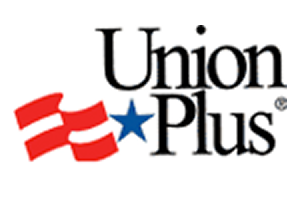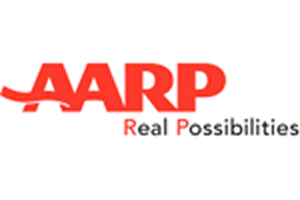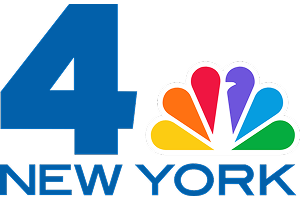800.696.9529
Queens Debt Settlement
If you are behind in your bill payments, there are options. There are severe consequences to failing to pay debt on time. You creditors may call you constantly and send you past due notices in the mail. Your credit rating will take a hit. In extreme cases you may lose your home in foreclosure, your wages may be garnished and your bank account by be seized. While it may be tempting to simply ignore demands for payment, there are other options for debt relief. Instead of ignoring your debt it is better to consider solutions that would result in the debt being paid or eliminated. There are several options to consider such as filing for chapter 7 bankruptcy, filing for chapter 13 bankruptcy or securing a debt consolidation loan. Another option is debt settlement. Debt settlement is the process of negotiating with your creditors payment arrangements that would allow you to pay less than the total amount that you owe. If you are faced with significant debt that you are unable to pay, contact an experienced Queens Debt Settlement Lawyer who will review your financial situation and explain to you the debt settlement process.
The debt settlement process
Debt settlement is the process of negotiating with your creditors to reduce the amount of debt. The benefit to the creditor is that instead of waiting for you to pay the entire amount owed or instead of going through the process of suing you to get paid, the creditor would get some of the money owed relatively quickly. A debt settlement arrangement typically requires the debtor to pay the agreed amount in a single lump sum payment soon after the agreement is made. The creditor agrees to forgive the remaining balance. As long as you stick to the new repayment terms, the creditor will not be legally permitted to require you to pay the amount that was forgiven under the terms of the debt settlement agreement.
Types of debt that can be settled
While many types of debt can be settled through negotiation, there are some types of debts that cannot be settled. Debts that can be settled include credit card bills, retail store accounts, unsecured personal loans, medical bills and balance owed after an auto repossession.
Debts that typically cannot be settled through conventional debt settlement negotiation include your mortgage, the amount owed on your apartment lease, home equity loan, court-ordered child support or spousal support, criminal fines and penalties, and government-backed student loans.
Other debt management options
While debt settlement is one way to work with your creditors to come up with a manageable payment arrangement, it is not the only options. Chapter 7 bankruptcy allows you to wipe out all or most of your debt, while the chapter 13 bankruptcy process results in a multi-year payment plan with manageable payments. With debt consolidation you take out a loan and use the proceeds to pay off you other debt. To be effective, the debt consolidation loan must have terms that are more favorable than the terms of the old debt. The debt relief option that is best for you depends on a number of factors including the amount o debt you owe, the type of debt, your income and how far behind you are.
Successful debt settlement may be a way to avoid wage garnishment, foreclosure, repossession, and bankruptcy. However, successful debt settlement requires the understanding of negotiation strategy. The staff at Stephen Bilkis & Associates, PLLC has extensive experience helping clients eliminate debt, responding to creditors’ claims, filing for chapter 7 and chapter 13 bankruptcy, and dealing with other issues related to debt relief. Contact us at 800.696.9529 to schedule a free, no obligation consultation regarding your debt issues.












